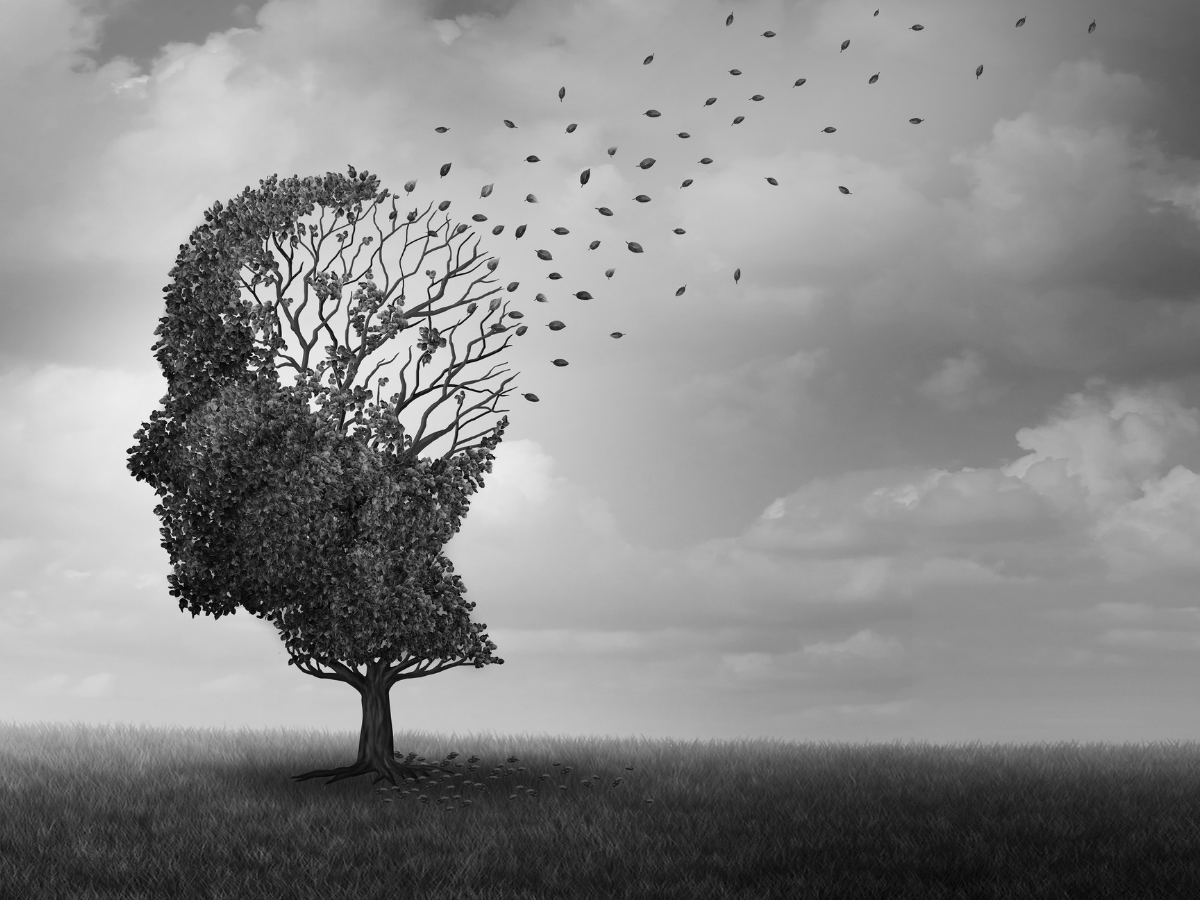BIG Research You Gotta Know About
Meet Neuroscientist Dr. Lisa Mosconi. She is researching why twice as many women as men get Alzheimer’s. Dr. Mosconi was studying the female brain during menopause to find answers and discovered a menopause-Alzheimer’s link.
As we understand it today, Alzheimer’s has many influences and causes, such as age, genetic predisposition, and lifestyle (read: diet and exercise). Also, Alzheimer’s is not exclusive to the elderly. There is a consensus among scientists that Alzheimer’s can begin for certain people as early as their 40s and 50s.
Dr. Mosconi’s research demonstrates that estrogen protects the female brain from aging by stimulating neural activity. It may also help prevent the build-up of plaque connected with the early onset of Alzheimer’s. (1)
Menopause & The Alzheimer’s Link
Research on women’s health is not extensive. However, Dr. Mosconi’s data suggest a strong association between early menopause and increased risk of Alzheimer’s in women. An oophorectomy (the surgical removal of the ovaries) increases that risk by up to 70%.
Removing the uterus compromises blood flow to the ovaries and disrupts the system, which may or may not affect the ovaries. Also, evidence indicates the risk of Alzheimer’s increases with a hysterectomy. Research into estrogen is examining what connection might exist between estrogen and Alzheimer’s. (2)
Gender Bias in Alzheimer’s Research
Dr. Mosconi surmises that the gender bias in research, combined with the differences between male and female brains, may be why traditional Alzheimer’s drugs work better in men than in women.
Also, the diminished sensitivity for Alzheimer’s tests and lack of brain imaging technology indicate that “we probably misdiagnosed women forever,” said Dr. Mosconi. These reasons may be why some Alzheimer’s treatments don’t work well for women.
Traditional symptoms of perimenopause (hot flashes, vaginal dryness, brain fog, etc.) are neurological symptoms of hormonal changes all women experience. But for some women, can the changes be so severe they trigger Alzheimer’s disease? (2)
It’s NOT Alzheimer’s. It’s menopause.
Even though it feels like the dreaded Alzheimer’s, it probably isn’t.
Memory loss is a common complaint among women during menopause, according to Dr. Pauline Maki at the University of Illinois in Chicago. Some studies show that nearly 60 percent of women in perimenopause and menopause reported memory loss or cognitive issues. (3)
It’s a hormone trick!
Dr. Miriam Weber at the University of Rochester and her colleagues think memory “changes are related to changing hormones…mostly loss of estrogen.” However, they could also be related to “sleep disturbance, increases in depression and anxiety, and hot flashes.”
Weber led a study published in the journal Menopause. She found that women experiencing menopause-related brain fog generally also reported depression and anxiety symptoms. They reported having trouble sleeping, too. (4)
A study published in The Journal of Clinical Endocrinology & Metabolism on menopause and cognitive issues found women’s ability to recall words instantly declined as they progressed from premenopause to postmenopause. The ability to immediately remember words became worse as they transitioned.
Further, when researchers grouped results by race, they found that black women had worse memory deterioration than white women. The cause of this difference is inconclusive due to the lack of data specifically for African-American women. More research is required.
The good news: most women’s cognitive issues, like word-finding, eased as they reached postmenopause. (5)
How to Push Back
Dr. Maki and her team recommend five strategies for managing menopause-related cognitive issues. (3)
- Hormone Replacement Therapy. Hormone replacement therapy, while linked to certain types of cancers, proved useful in helping manage hot flashes as well as brain fog. Consult your healthcare provider to see if hormone replacement therapy is an option for you.
- Exercise. A study at the University of Illinois at Urbana-Champaign discovered that exercise might result in new nerve and blood vessel growth in the brain. Exercise also helps produce more of the chemicals that repair existing brain cells and grow new ones.
- Sleep. Dr. Maki says that a good night’s sleep helps improve brain fog. Establish a nightly routine and maintain a consistent bedtime to support deep, restful sleep. Make your bedroom conducive to sleeping. Avoid eating or drinking caffeine and alcohol close to bedtime. Try relaxing to music or a soothing bath before bed.
- Diet. A healthy diet helps fuel the body and the brain. Omega-3 fatty acids found in cold-water fish like salmon may offer some benefits related to menopause. They can also enhance learning and memory. Other omega-3 sources include walnuts and kiwifruit. Folic acid found in leafy greens like spinach and juices is also essential for brain health.
- To your health! Red wine comes loaded with reseveratrol, thought to prevent free radicals from degrading brain cells. Use in moderation, since more than two glasses per week can increase your risk for cancer and other diseases. An alternative to alcohol, turmeric (found in curry), is also loaded with antioxidants.
Sources:
2 Medium
4 Aaptiv




